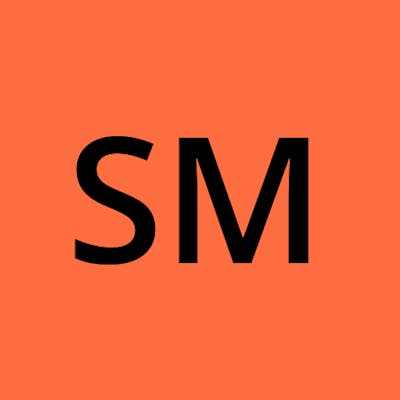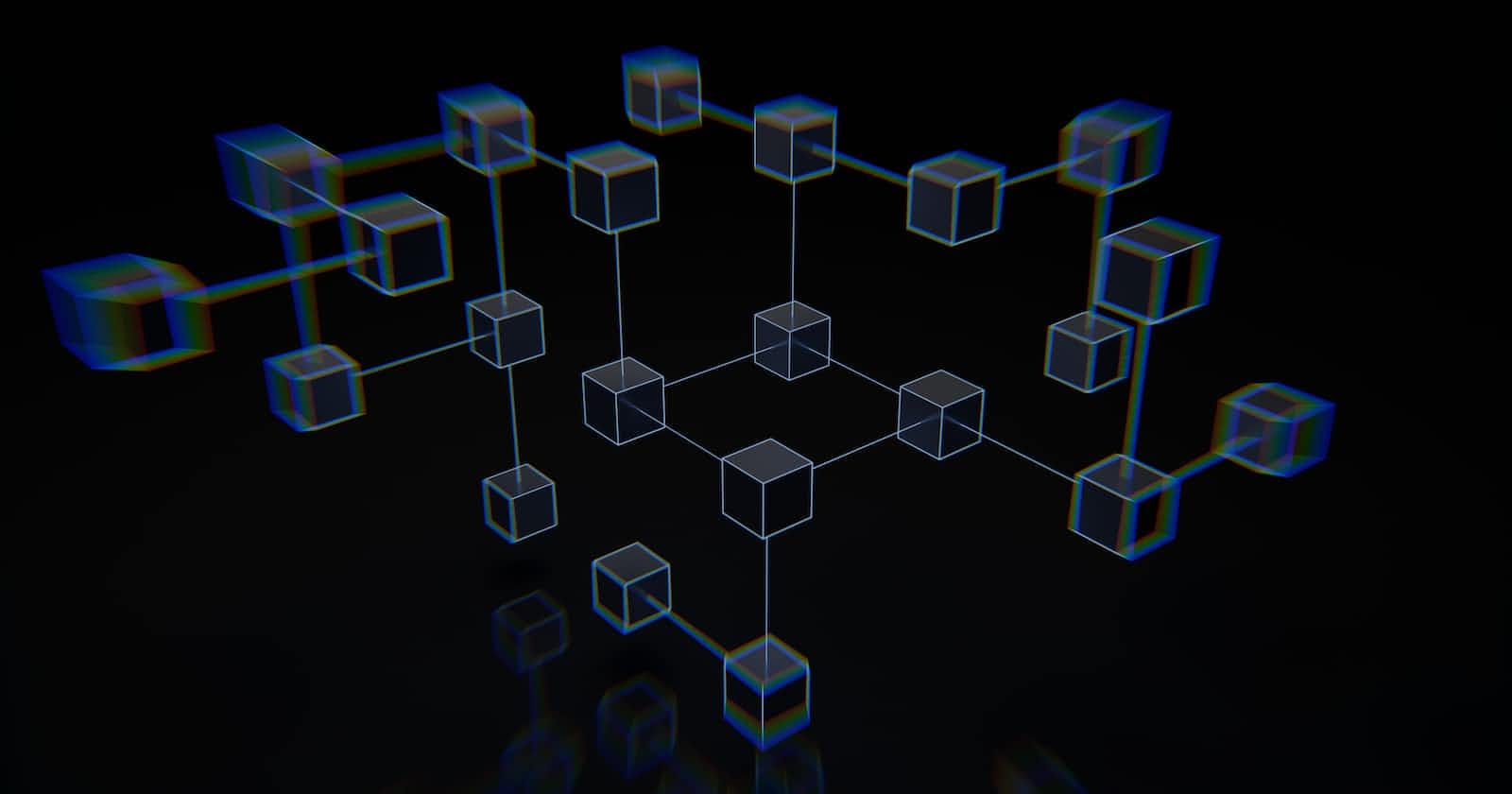How is blockchain advancing in healthcare? Let's take a step back and examine the many uses of the blockchain before we attempt to respond to that question. For the past year or so, consumer-level NFTs (non-fungible tokens) have dominated discussion on blockchain technology. The blockchain's true potential, however, lies in the empowerment and security of numerous routine, yet vital, areas of our life. Voting and retail have previously been investigated using the blockchain.
With regard to powering a world of digital records and connected devices, a blockchain is a particularly practical option for the healthcare industry in particular because of its inherent advantages of permanence, accuracy, and accessibility. The healthcare sector has numerous worthwhile use cases for a blockchain, including quicker, simpler individual medical records and data-driven hospital staffing choices. In many situations, there are already viable corporate blockchain options for making these use cases a reality.
Why use Blockchain for Healthcare?
While blockchain technology may still seem hazy to some, its fundamental operations are actually relatively easy to comprehend. Each block of data in a blockchain depends on the previous one for sequential permanence in identification. Individual blocks of data are chained together sequentially on a ledger. A network of people termed as nodes in the public domain review and audit the ledge. Data permanence and transparency together produce a continuous verification process to guarantee accuracy. Additionally, since blocks only use one-way encryption, confidential or sensitive data can still be protected while being checked by nodes.
Because of all of that, it is perfect for the healthcare sector, where accuracy and privacy are crucial, and fraud is a problem.
Use Cases For Blockchain
Medical Records The blockchain may be the best platform for this area of the healthcare sector in an era of electronic medical records. Medical records must be accurate over the long term and conveniently accessible since a patient's information must be portable across doctors, insurance providers, and specialists. Healthcare records can be securely updated in near-real time with a blockchain, and revisions can be seen by interested parties.
Insurance Because medical records and insurance are frequently linked, putting them both online immediately increases connectivity and accessibility, which in turn improves accuracy and interoperability and, in turn, improves the customer or patient experience. A blockchain can specifically address a variety of security issues with reference to electronic health insurance records. Similar to health records, accuracy, long-term records, and transferability are all essential elements. However, there is an even higher demand for fraud protection and detection in the insurance industry. These requirements can be met while simultaneously giving insurance companies and patients access to a single source of truth thanks to smart contracts backed by a blockchain.
Credentialing Healthcare training, certification, and education are literally a matter of life and death. When mistakes or, worse, possible fraud occur, negative effects may follow. These effects could range from something as minor as the requirement for updated training on equipment or a technique to a fraudster stealing medication while posing as a legitimate patient at a pharmacy. A blockchain can be utilised by those involved in the healthcare industry, just as it can secure permanent medical records. With current verification of credentials and certification, this can speed up the hiring and transfer process in addition to security precautions.
IoT Security Our daily lives are now filled with devices that are Bluetooth and wi-fi connected. Connected devices can offer a variety of real-time data for the healthcare industry in particular, but this has benefited many businesses with a variety of applications. For patients, this may entail a wearable medical gadget that transmits data the patient's doctor may access for real-time monitoring while the patient is at home. This enables medical facilities to better schedule and allot resources by determining foot traffic, utilisation, and resource usage throughout the facility. For analysis, this data must be collected securely, and the blockchain offers a platform for doing so while also making the data accessible and precise when requested.
Drug Authentication Because it can correctly and immutably record every step of the logistics process in real-time, the blockchain has major potential for the supply chain sector. The supply chain compliance for prescription pharmaceuticals requires the greatest levels of security, therefore tracking this process via the blockchain enables a simpler, more effective solution. Blockchain records can serve as a single source of truth for all parties participating in the process because they update almost instantly and cannot be changed.


